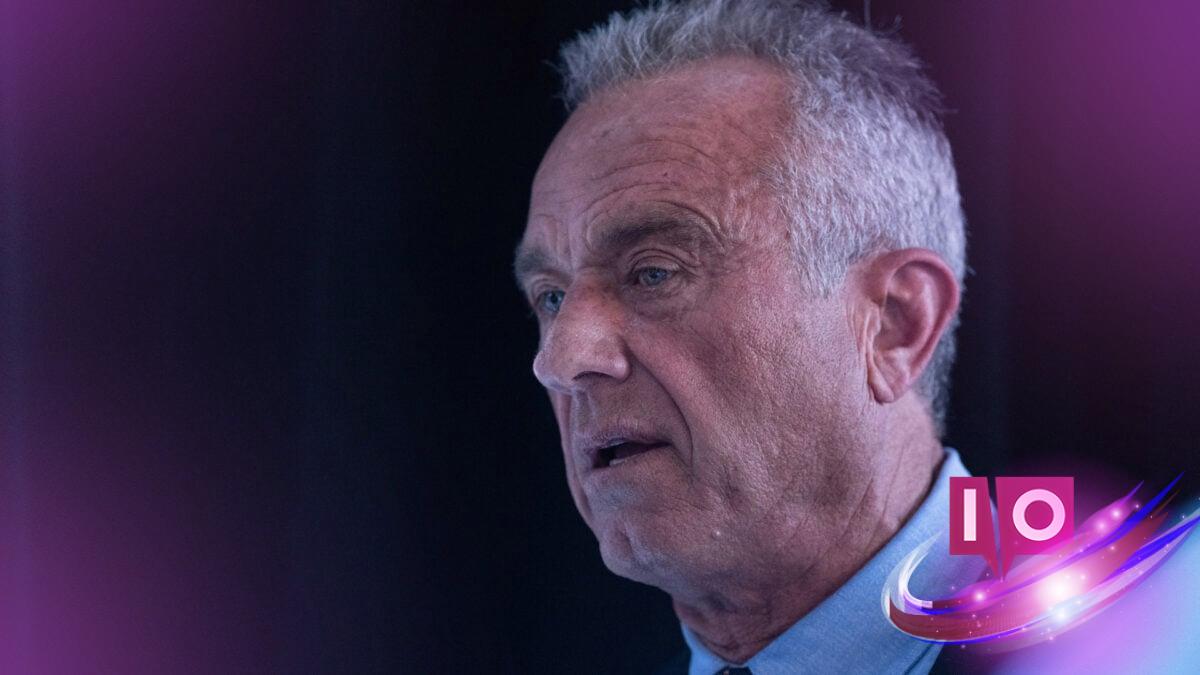Robert F. Kennedy Jr.’s vision to “Make America Healthy Again” faces serious challenges, especially following the recent upheaval at crucial health agencies. The turmoil signals troubling times for the health landscape in America. For instance, this past weekend saw the Food and Drug Administration (FDA) thrown into disarray after a high-ranking drug regulator’s resignation.
George Tidmarsh, who was at the helm of the FDA’s Center for Drug Evaluation and Research, abruptly stepped down amidst a lawsuit from Aurinia Pharmaceuticals, a Canadian firm. Accusations against Tidmarsh claim he undermined the company’s stock by criticizing its drug for lupus nephritis on LinkedIn. In his post, Tidmarsh declared that voclosporin had “not been shown to provide a direct clinical benefit for patients.” Following this remark, Aurinia’s stock reportedly plunged by 20% (ABC News).
Beyond the stock turmoil, the lawsuit further alleges Tidmarsh conducted a “revenge campaign” against Aurinia’s board chairman, Kevin Tang. Reports indicate Tidmarsh threatened to “exact revenge” over six years, even attempting to extort Tang, described as a “former business associate.” Tidmarsh has firmly denied these allegations during interviews.
Further complicating his tenure, Tidmarsh has faced critiques for steering the FDA away from expert review processes for new drugs. He was quoted expressing that advisory meetings required excessive resources and distract from “the big questions.” This shift has raised concerns in the medical community.
With Tidmarsh’s departure, the FDA is now navigating a period of uncertainty. Text messages among staff shared with Axios reveal a workforce deeply troubled by the ongoing chaos, contributing to an alarming trend of experienced officials leaving the agency.
We reached out to both the HHS and FDA for comments, while a spokesperson indicated Tidmarsh was on administrative leave due to serious misconduct concerns prior to his resignation.
Kennedy’s early days as America’s health czar have been turbulent, leading to significant turnovers and even layoffs across various health departments. Earlier this year, the HHS terminated thousands of employees, and recently, several senior officials at the CDC resigned in protest against Kennedy’s policies, including the dismissal of the entire vaccine advisory committee. A group of six former U.S. Surgeons General publicly described Kennedy as a “profound, immediate and unprecedented threat” to public health, calling for his resignation.
As we navigate these unsettling times in public health, it’s crucial to be informed and proactive. This situation bears watching, not only for its immediate implications but for the future of health policies in America.
What is happening with the FDA currently?
The FDA is experiencing significant turmoil following the resignation of George Tidmarsh, which has left the agency grappling with staffing issues and concerns over its operational direction.
How can the recent changes at the FDA affect public health?
The leadership crisis may hinder the FDA’s ability to effectively evaluate and approve new drugs, potentially delaying access to necessary medications for patients.
What are the implications of Tidmarsh’s allegations?
The allegations against Tidmarsh raise questions about the integrity of drug evaluations and the transparency of the FDA’s regulatory processes, which can impact trust in the agency.
What can citizens do in response to health agency changes?
Staying informed about health policies and actively participating in public discussions can help citizens advocate for accountable practices within health agencies.
For anyone interested in further exploring topics on health and policy, we encourage you to delve deeper into related content. Visit Moyens I/O for more insights.
